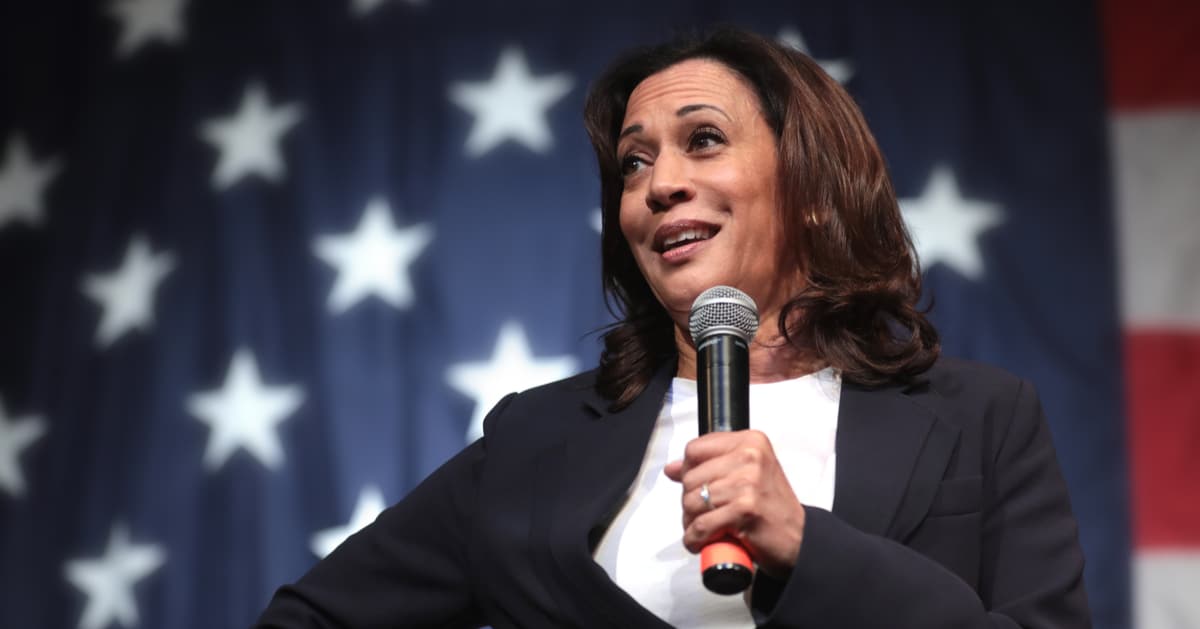





Country music just got a hefty dose of political heat as DHS Secretary Kristi Noem aims artist Zach Bryan over his latest song snippet.
The clash centers on Bryan’s unreleased track “Bad News,” with lyrics critiquing law enforcement and ICE, sparking sharp criticism from Noem on a popular talk show, a social media jab from DHS, and a defensive response from the singer himself.
On October 3, 2025, Zach Bryan dropped a teaser of “Bad News” on Instagram, stirring immediate controversy with lines that paint a grim picture of law enforcement overreach.
The lyrics didn’t sit well with DHS Secretary Kristi Noem, who voiced her frustration during an interview on “The Benny Johnson Show.”
She accused Bryan of disrespecting those who protect American streets, calling his words a direct slight to the nation’s values.
“I hope he understands how completely disrespectful that song is, not just to law enforcement but to this country,” Noem told Johnson, a sentiment that cuts to the core of why many conservatives feel pop culture often drifts too far left.
Her critique wasn’t just personal; it reflected a broader concern among those who see law enforcement as a bulwark against chaos, not a punching bag for trendy criticism.
Noem even admitted she’s never been a fan of Bryan’s tunes, proudly stating she’s never supported him financially, while giving a nod to more aligned artists like Jason Aldean.
Not content to let the matter rest, DHS itself piled on, posting a video on October 7, 2025, of ICE operations set to one of Bryan’s own songs, a sly jab that shows the agency isn’t above a bit of social media shade.
Bryan, for his part, didn’t stay silent, taking to Instagram on the same day to push back against the growing backlash.
He clarified that the snippet was old news, written and shared months ago, and hinted that the full track would offer a more nuanced take.
“I served this country, I love this country, and the song itself is about all of us coming out of this divided space,” Bryan posted, positioning himself as just another confused citizen rather than a political agitator.
While Bryan’s defense might resonate with fans who see art as a space for raw expression, it’s hard to ignore the sting felt by those who wear the badge or enforce our borders when their work is reduced to a villainous caricature.
Let’s be fair—Bryan’s right to speak his mind is as American as apple pie, but so is the right of public officials to call out what they see as a cheap shot at those who keep us safe.
This dust-up between Noem and Bryan isn’t just about a song; it’s a snapshot of the deeper cultural rift where one side sees critique as betrayal, and the other sees silence as complicity. It’s a tension that won’t be resolved by a catchy chorus or a sharp tweet, but it sure keeps the conversation lively.



